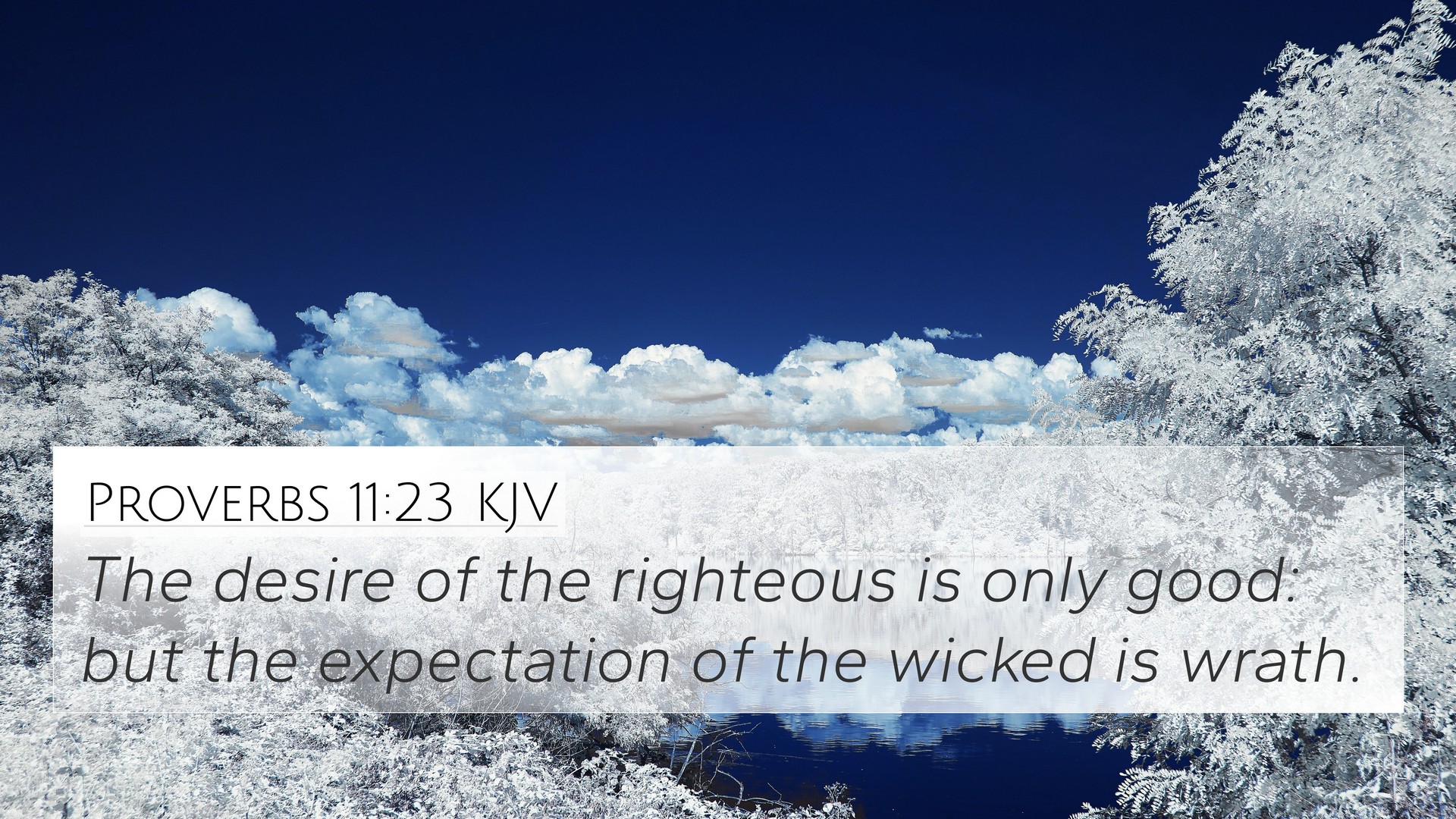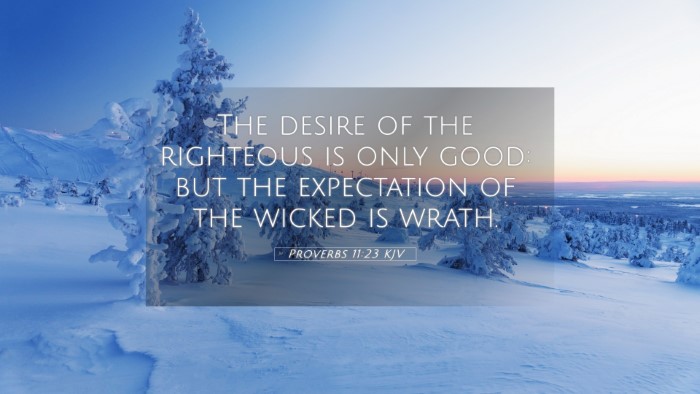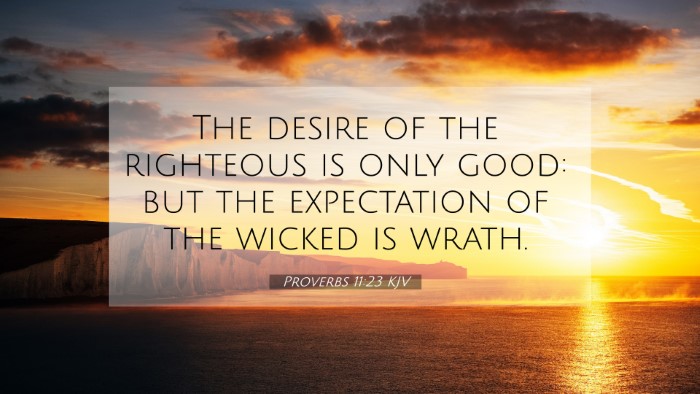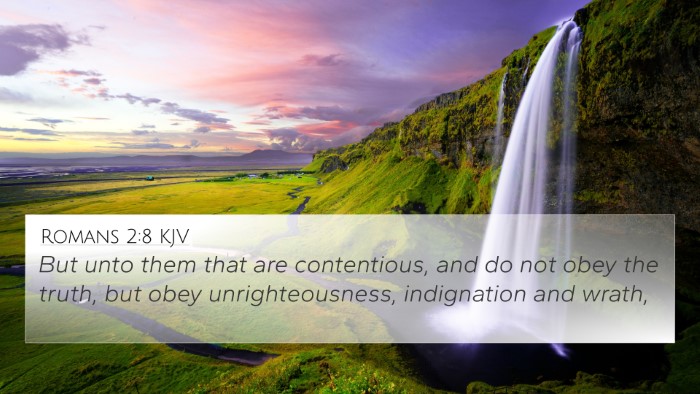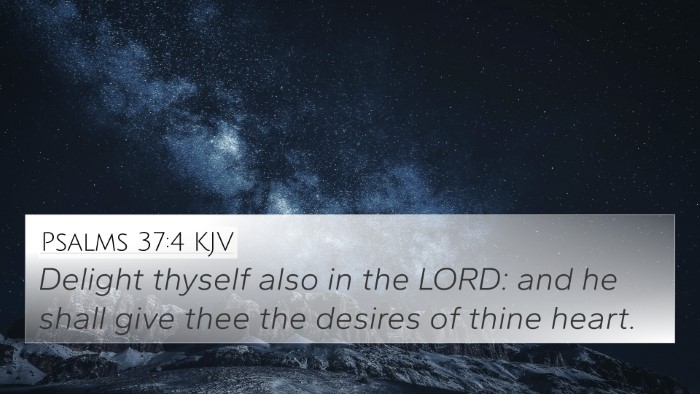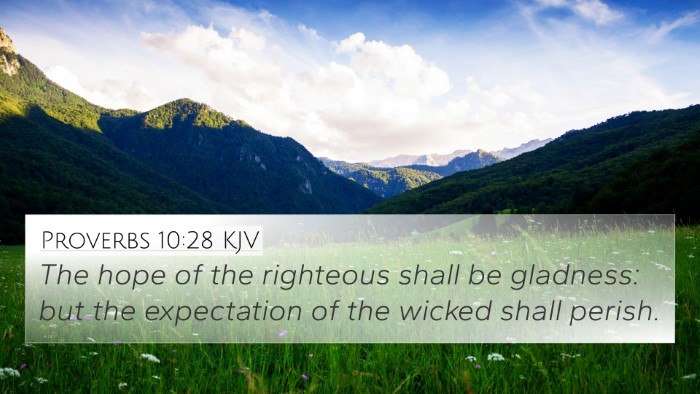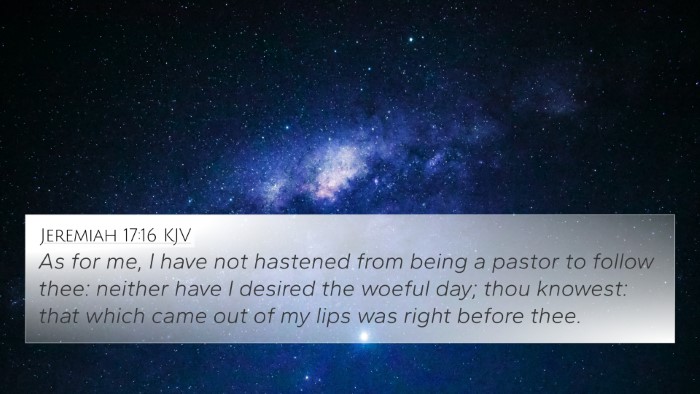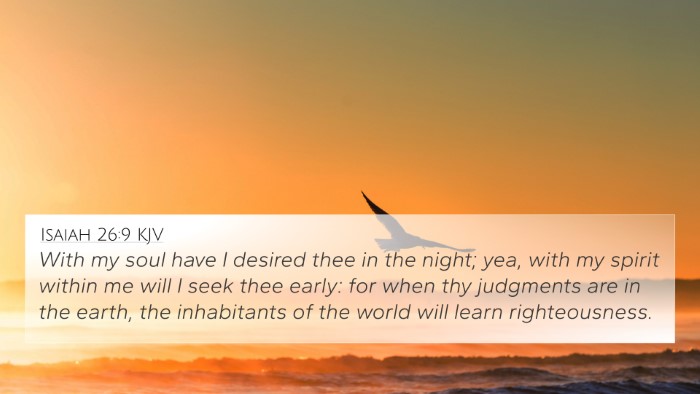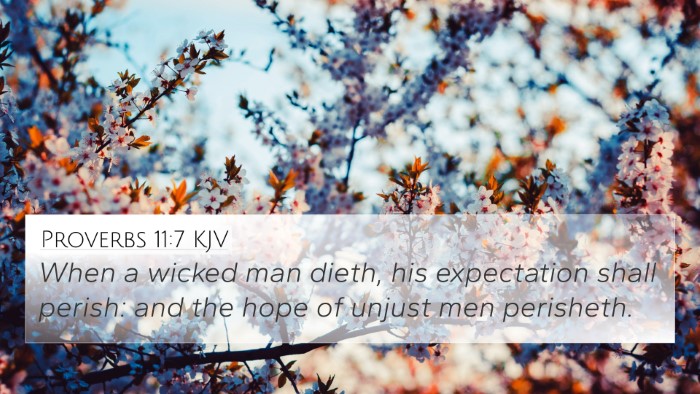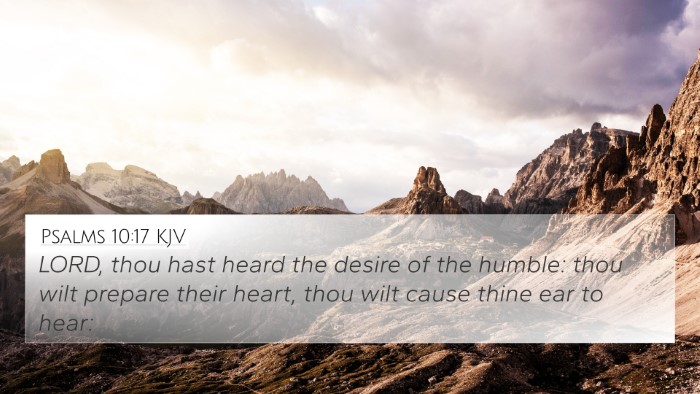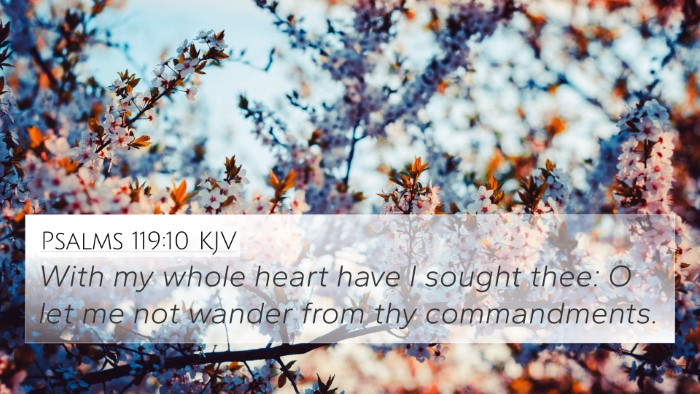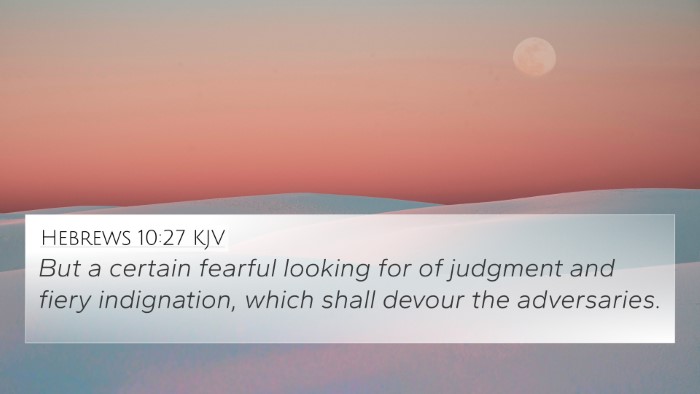Understanding Proverbs 11:23
Proverbs 11:23 states: "The desire of the righteous is only good: but the expectation of the wicked is wrath." This verse encapsulates the moral divergence between the righteous and the wicked, emphasizing the outcomes produced from their respective desires and expectations.
Meaning and Interpretation
In this verse, the righteous are described as those who align their desires with goodness and virtuous living. Commentary insights highlight that their hopes reflect a genuine wish for positive outcomes, both for themselves and others.
- Matthew Henry: He indicates that the righteous desire what is wholesome and beneficial, and they find fulfillment in their alignment with God's will.
- Albert Barnes: Barnes points out that the expectations of the wicked, on the other hand, lead only to despair and judgment, as they pursue selfish and sinful ambitions.
- Adam Clarke: Clarke elaborates on the idea that the desires of the righteous ultimately manifest in good actions, while the wicked's anticipation is filled with consequences that stem from their immoral choices.
Cross-References
Proverbs 11:23 is interconnected with numerous other biblical verses, forming a rich tapestry of themes regarding wickedness and righteousness. Here are some relevant cross-references:
- Proverbs 10:28 - "The hope of the righteous shall be gladness: but the expectation of the wicked shall perish." This verse mirrors the theme of hope and expectation.
- Proverbs 11:5 - "The righteousness of the perfect shall direct his way: but the wicked shall fall by his own wickedness." This highlights how righteousness guides one's path, contrasting with the downfall of the wicked.
- Isaiah 3:10 - "Say ye to the righteous, that it shall be well with him: for they shall eat the fruit of their doings." A promise of good outcomes for the righteous.
- Romans 2:6-8 - "Who will render to every man according to his deeds: to them who by patient continuance in well doing seek for glory and honor and immortality, eternal life: but unto them that are contentious, and do not obey the truth, but obey unrighteousness, indignation and wrath." This passage reflects the eventual outcomes based on one’s moral standing.
- Galatians 6:7 - "Be not deceived; God is not mocked: for whatsoever a man sows, that shall he also reap." This verse illustrates the principle of consequences shaped by one’s choices.
- James 1:15 - "Then when lust hath conceived, it bringeth forth sin: and sin, when it is finished, bringeth forth death." This reinforces the idea of wicked expectations leading to dire outcomes.
- Psalms 37:34 - "Wait on the Lord, and keep his way, and he shall exalt thee to inherit the land: when the wicked are cut off, thou shalt see it." Those who remain righteous are promised vindication and reward.
Thematic Connections
The themes of righteousness and wickedness explored in Proverbs 11:23 also establish connections with broader biblical frameworks:
- The desire for goodness encapsulated in this verse is echoed throughout the teachings of Jesus, especially in the Beatitudes (Matthew 5:6) where individuals who hunger and thirst for righteousness are blessed.
- The consequences of choices resonate with the themes found in the prophets, who often called the people to pursue righteousness and warned of the repercussions of wickedness.
- In terms of wisdom literature, the distinctions drawn in Proverbs mirror the contrasts in Ecclesiastes regarding the fate of the wise and the foolish.
Conclusion
Proverbs 11:23 effectively illustrates the contrasted fates of the righteous and the wicked through their desires and expectations. The righteous, guided by goodness, experience fulfillment, while the wicked face inevitable consequences. Understanding this verse through cross-references and thematic interpretations enriches our comprehension of its significance within the broader Biblical narrative.
Cross-Referencing Bible Study
For those interested in exploring the connections between Bible verses, utilizing a Bible concordance or a cross-reference guide can be immensely helpful. Here are some tools and methods for effective Bible study:
- Use a Bible concordance to find verses related to specific themes.
- Employ cross-reference systems available in many study Bibles.
- Engage in a comparative study to identify links between Old and New Testament verses.
- Analyze Gospels in dialogue with the Pauline epistles for deeper insights.
- Explore relationships between Biblical narratives and teachings through cross-linked themes.
Further Exploration
To delve deeper into the content of Proverbs 11:23 and its connections to other scripture, consider these long-tail keywords for study:
- How to find cross-references in the Bible
- Identifying connections between Old and New Testament
- Links between the Prophets and Apostolic teachings
- Cross-referencing Psalms with New Testament teachings
- Bible cross-references for sermon preparation
